4 January 2024
Practicing Daylight: a transdisciplinary, artistic research project
Practicing daylight
Practicing daylight is a hands-on series of experiential workshops dedicated to a sustained dialogue between artistic and scientific ways of seeing, analyzing and sensing. It invites to a time and place of conversation, meeting and relations, without disciplinary boundaries and beyond conventional epistemic systems. Our focus on the “and” and not on the “therefore…”, with emphasis on “contact” and not “contract”, is driven by the gathering forces of the ecological crises that pose an inescapable reality for todays’ artists and scientist alike.
Through this research we raise questions about the connections between aesthetic practices, scientific approaches and climate breakdown. More specifically what role dialogue between art and science may play in becoming sensitive to the societal problems and can mean for an imaginary vision to re-tracing routes towards re-existence and the living together.
Practicing daylight takes place in the framework of a series of studies on un-fixing our modes of encounter and experimentally modulating the forms we meet and engage; exploratory sessions in a process of gathering that (paradoxically) start with positioning ourselves. In a fist attempt to sound pathways between science and art we invited to a conversation on:
objectivity – data – framing – focusing – reduction – abstraction – diagramming– perception – interpretation – infographics – score – storytelling – communication – relation – subjectivity
The encounter took place as parallel session during the last DLA Annual Conference 2023 in Lausanne and revealed similarities and differences in scientific and aesthetic working processes. We opened up plural perspectives, readings and interpretations, and set up a type of dialogue in which the contributing partners are empowered to “listen to”, “open” and “move” each other, speculate through each other and think together. We are interested in this type of dialogue due to the necessity of confronting the darkness of our times, while sharing and enacting hopeful, environmentally sensitive forces that affirm and renew creativity and life.
Signs from the Woods by Prof. Andreas Rigling
The series of signs on trees in the forest was the subject of a fundamental discussion about the meaning, origin, meaningfulness of an unexpected and surprising aesthetic in the forest. The viewer must position himself between this accidental aesthetic from a moment of observation or a disrespectful defacement of nature from carelessness – a swaying that can unsettle.
(Click on the photos for a full size view)
Visual Meditations
Practicing Daylight’s durational experimental exercises in “seeing otherwise”
Within Practicing Daylight’s ongoing dialogue, the series Visual Meditations experientially exercises collective observation by providing a basic setting to attend to the cyclical event of the rising of the sun, focusing on the shift from night to the coming of daylight. [1]
It proposes a visual pause of sorts – an ocular recess into a visual void and its’ gradual transition into seeing – before and how – in the process – identification, words and meaning set in. We meet before the sun rises and together attend to the dawning of the day. Once the sun is up we have breakfast together, and in an informally moderated way, we share our notes, observations and experiences.
So far, two Visual Meditations exercises took place:
- in the industrial periphery of Zurich, Dübendorf (CH) in autumn 2022 from 6 – 7 am
- on the Plage du Pélican at Lac Léman in Lausanne (CH) in late spring 2023 from 5 – 6 am
Sunrise in Zurich, Dübendorf (CH) by Prof. Urs Albrecht
(Click on the photos for a full size view)
Sunrise on the Plage du Pélican at Lac Léman (CH) by Prof. Urs Albrecht
(Click on the photos for a full size view)
Practicing Daylight, and its exercise-series Visual Mediations, is a durational, communal and experiential workshop in the service of dialogue: An assemblage of the living in its attempts to opening up to moments when light speaks to us. The aim of the workshop is fostering creativity and relationality through dialogue, shifting knowledge production to knowledge development, resisting constricted and limiting visions while upholding a sustained open-mindedness and initiating a dedicated working group to develop future directions for sustained transdisciplinary art∞science research on “ways into seeing together”.
[1] The title Visual Meditations is inspired by and developed by Pauline Oliveros Sonic Meditations” and her incitement to “deep-listening’s” situated and relational modes of knowing: an understanding of knowledge development, instead of knowledge production. Olivero’s work is mutated to orient away from the vertical towards the spheric, away from the separated stance of the eye/mind towards relational processes, corporeal practices and mindful attention: A shift in focus from the human towards reciprocity, towards the human and the more-than-human; a conscious moving away from the incessant modernist craving for the novel towards intergenerational thinking; a reorientation in working with technology and not under it; and an attitude of owing and not owning the planet. In ode to Sonic Meditations, Visual Meditations engages in ecological, transdisciplinary solidarity networks.
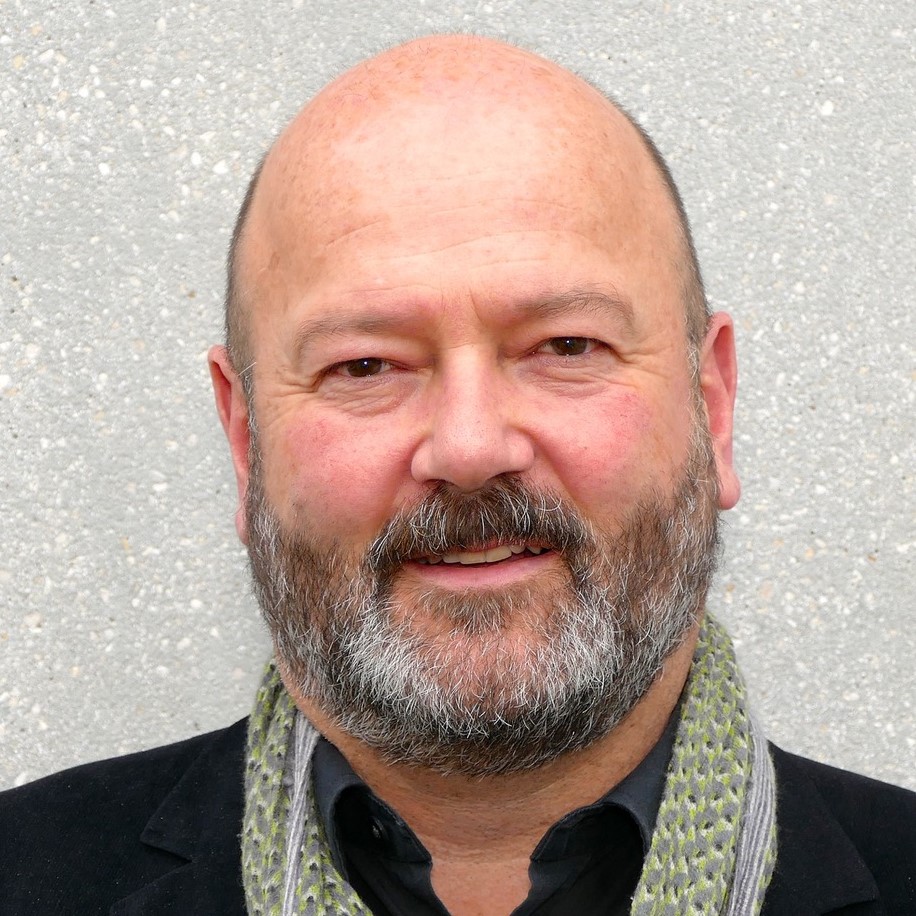
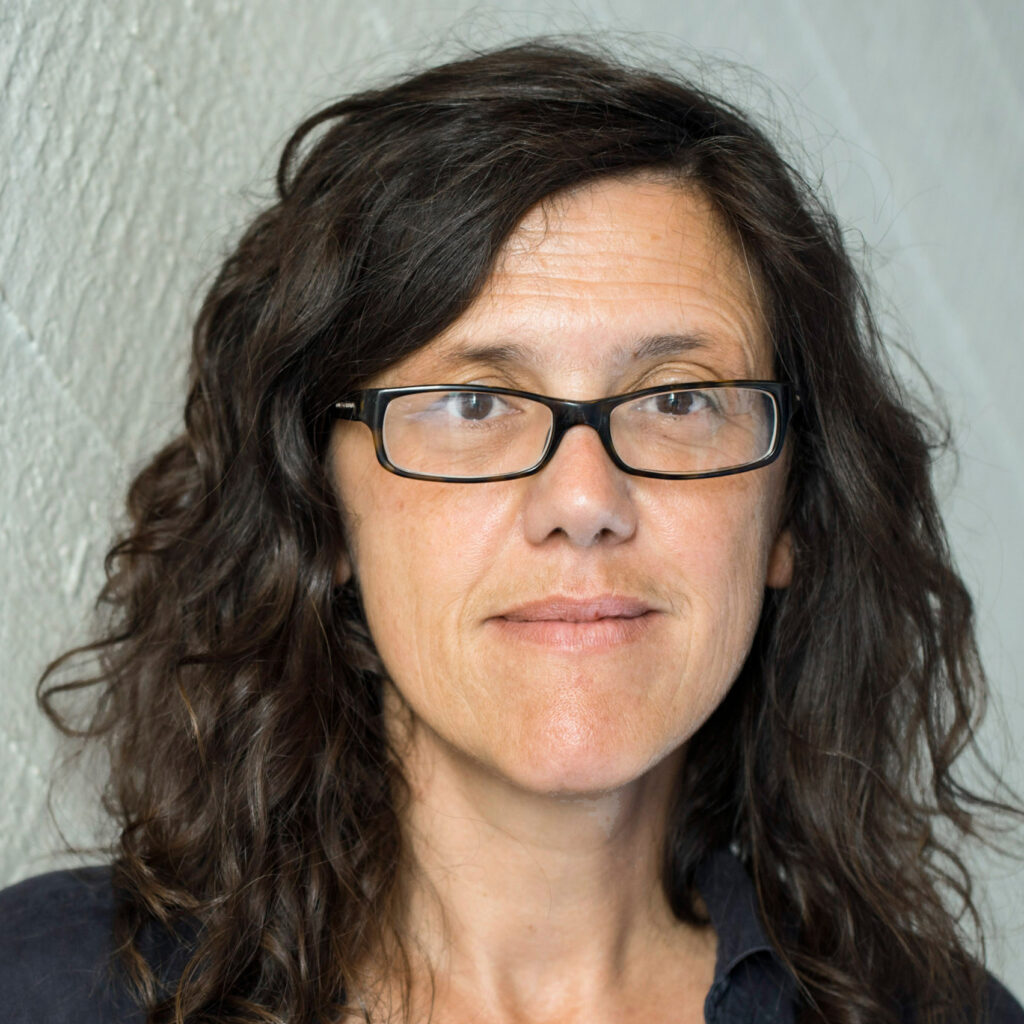
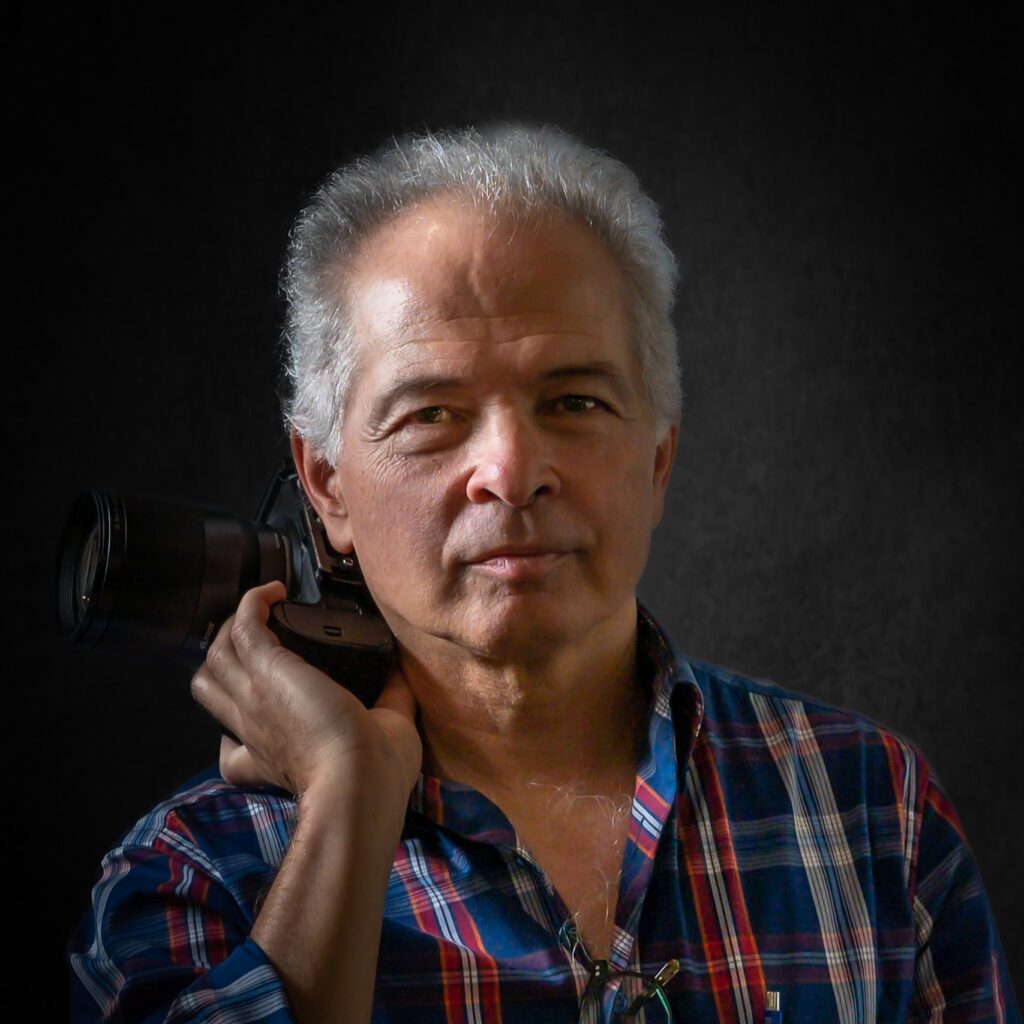
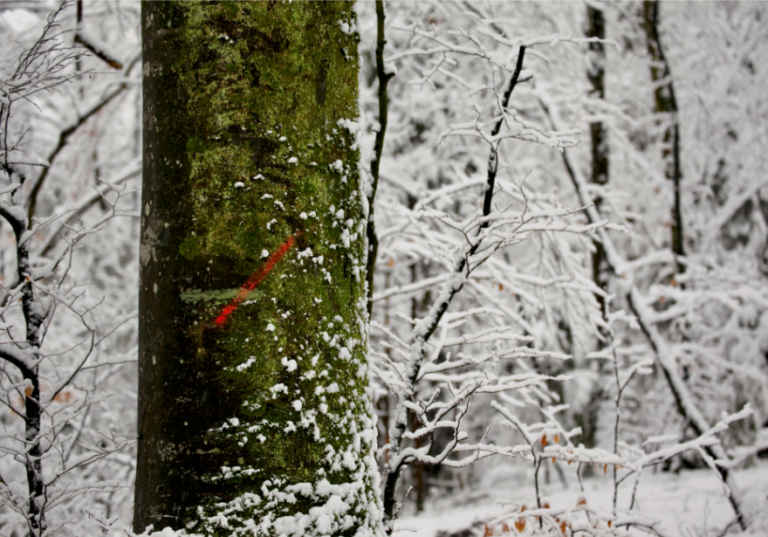

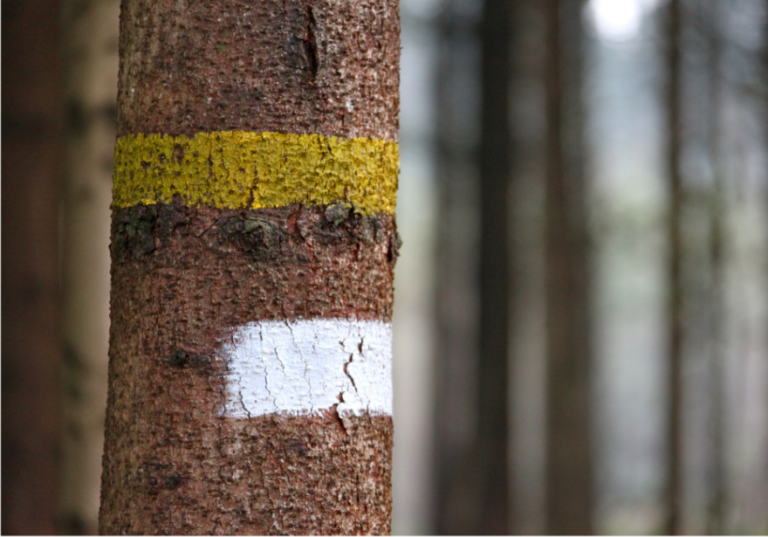
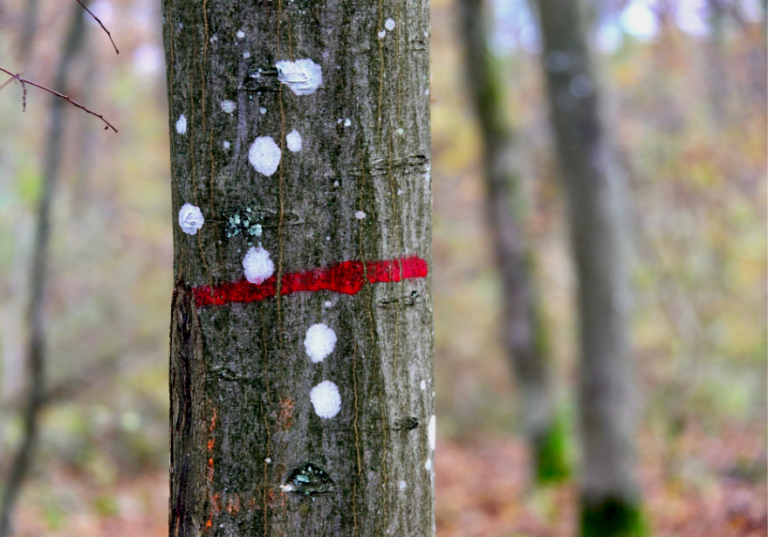
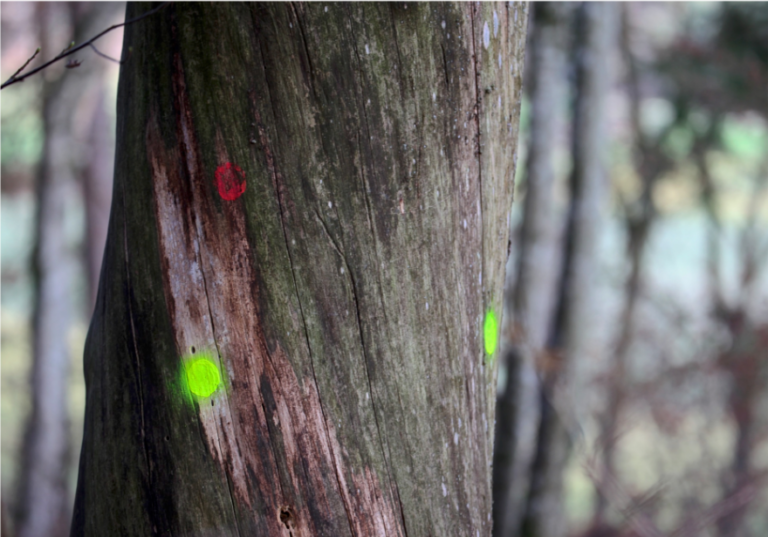
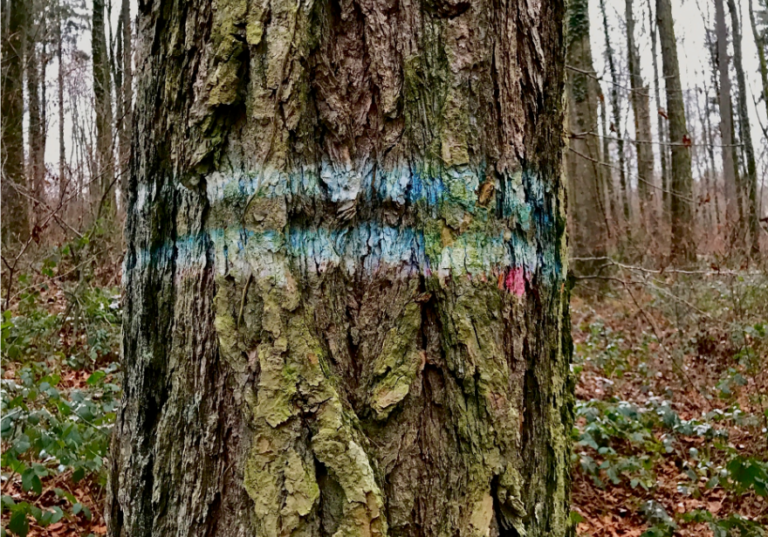


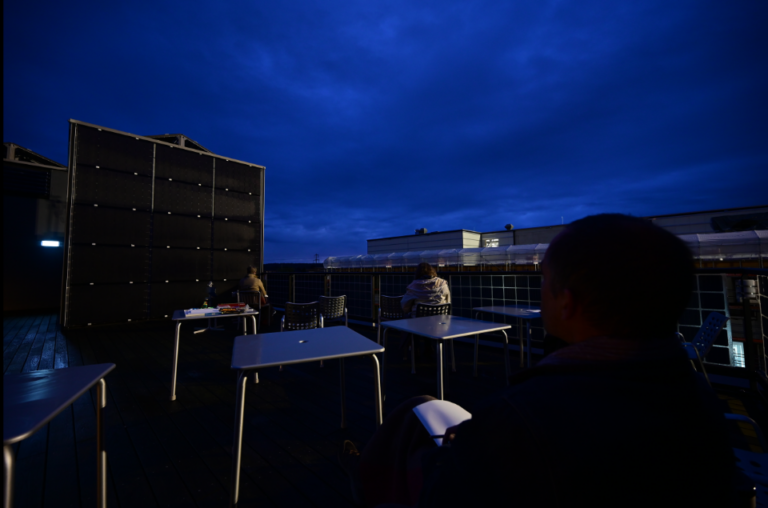

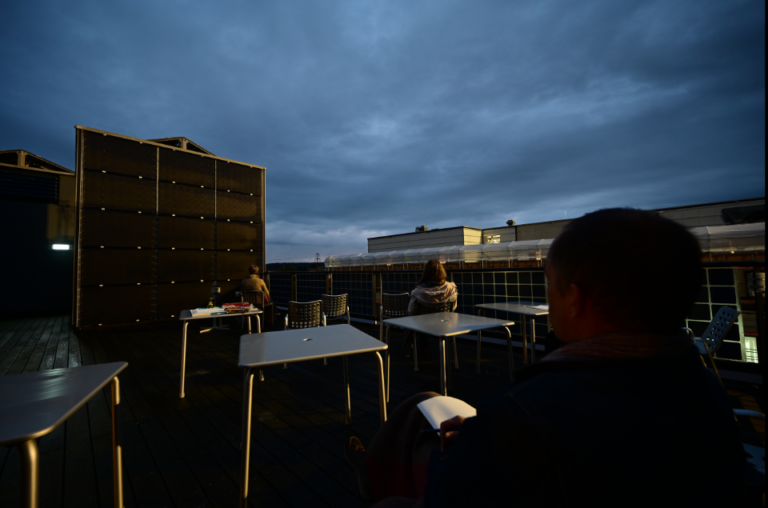
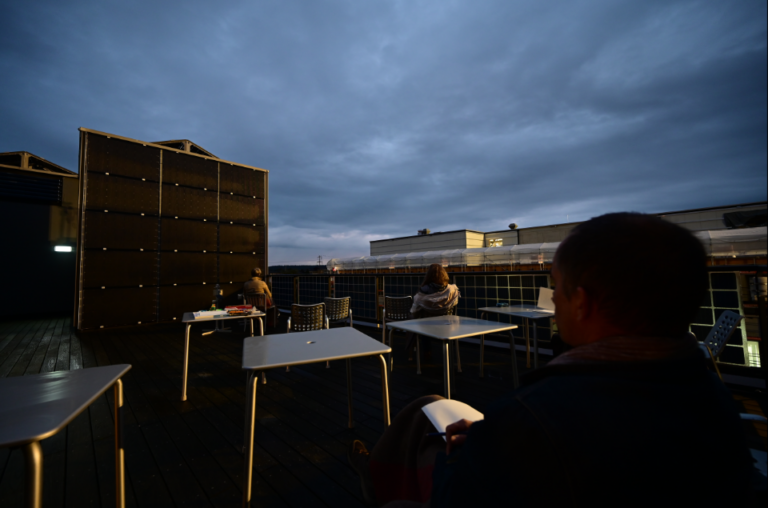
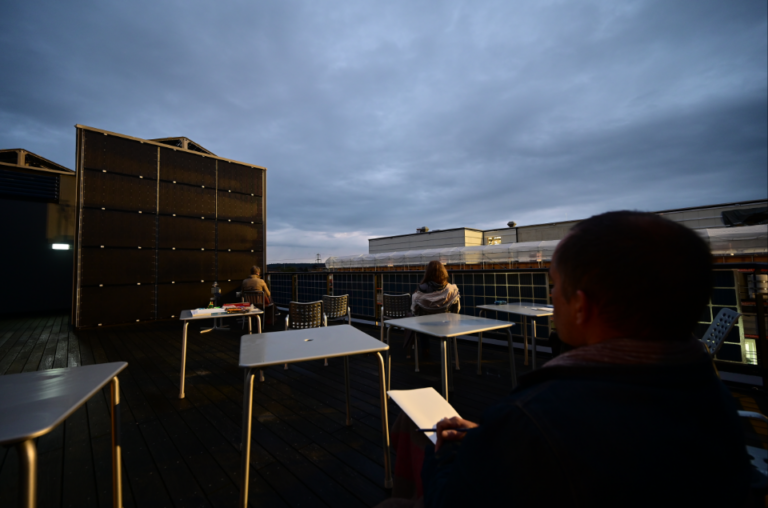
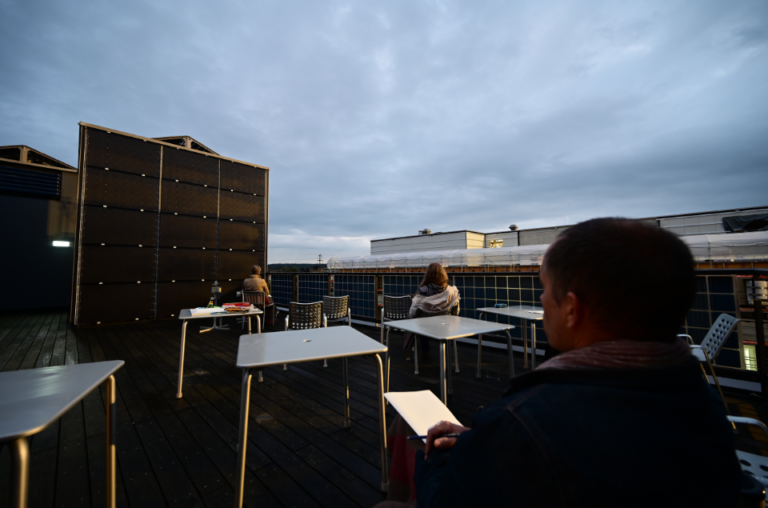
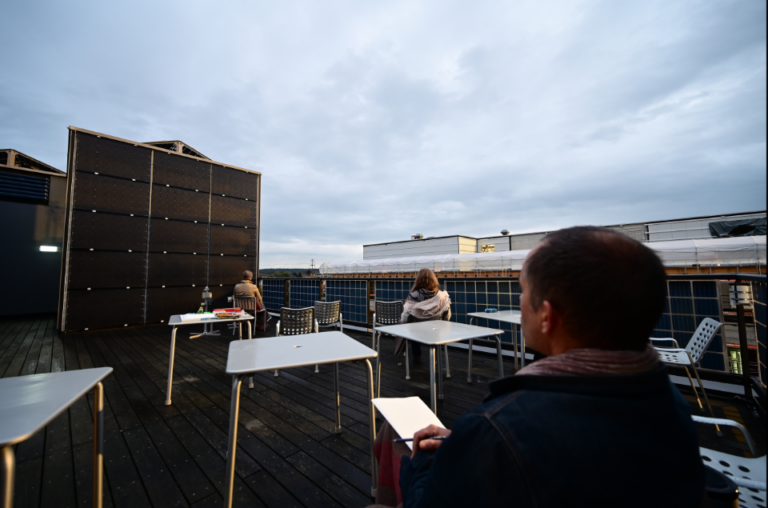
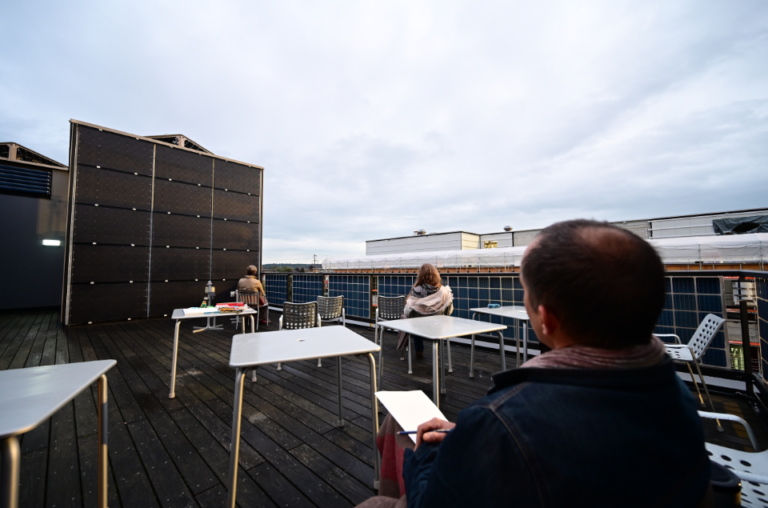
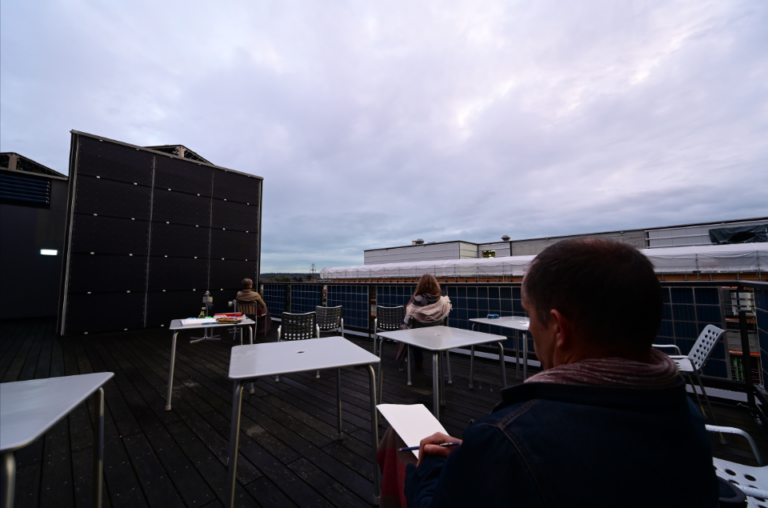
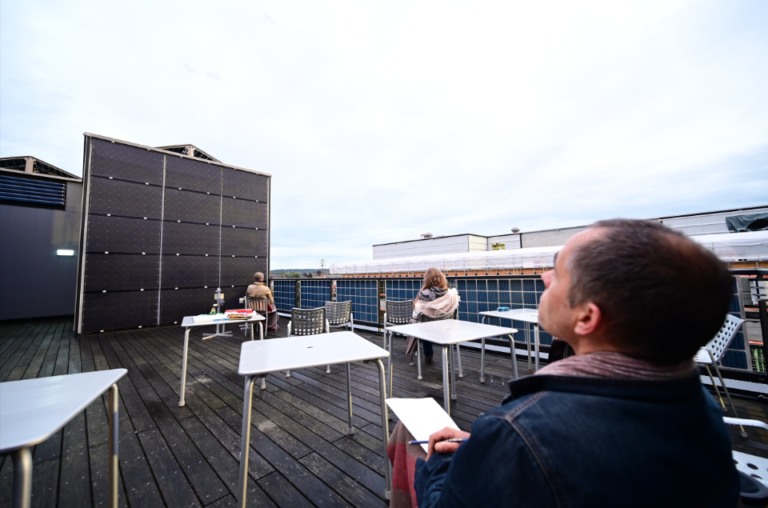
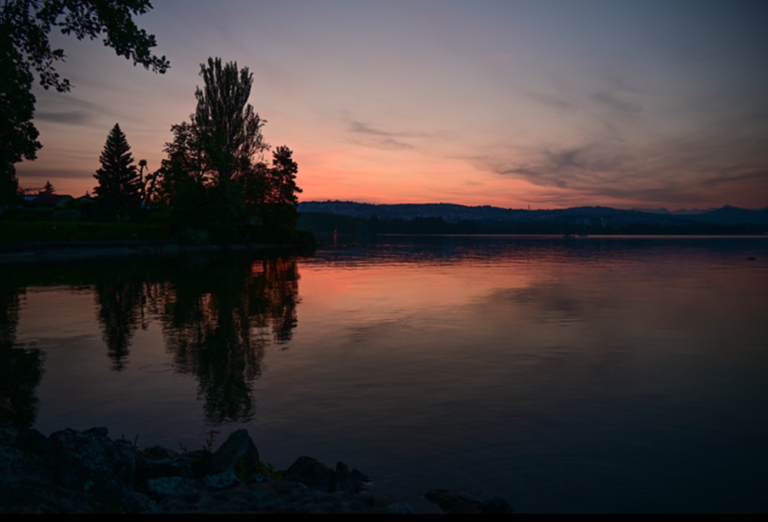


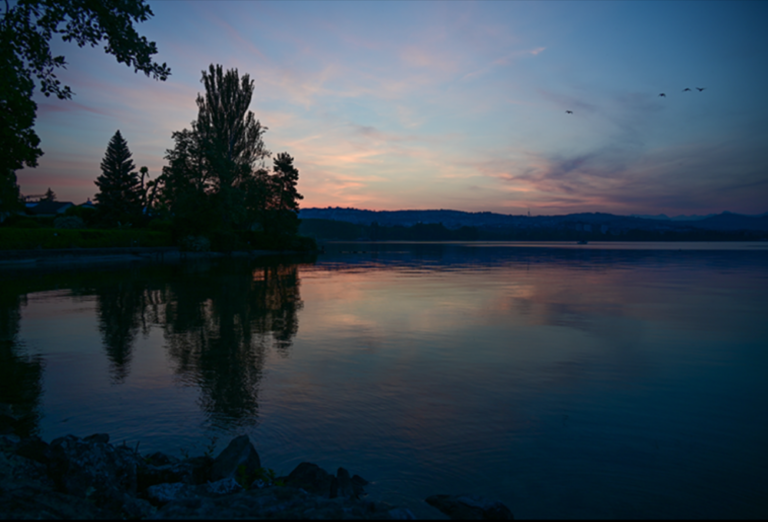

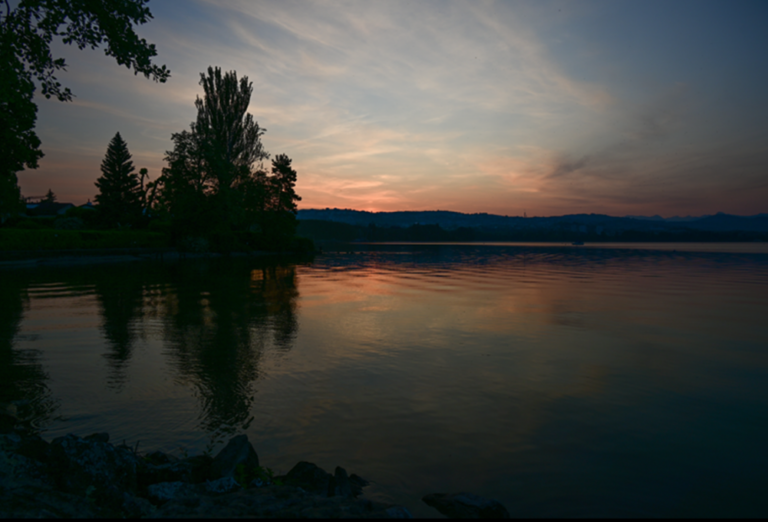
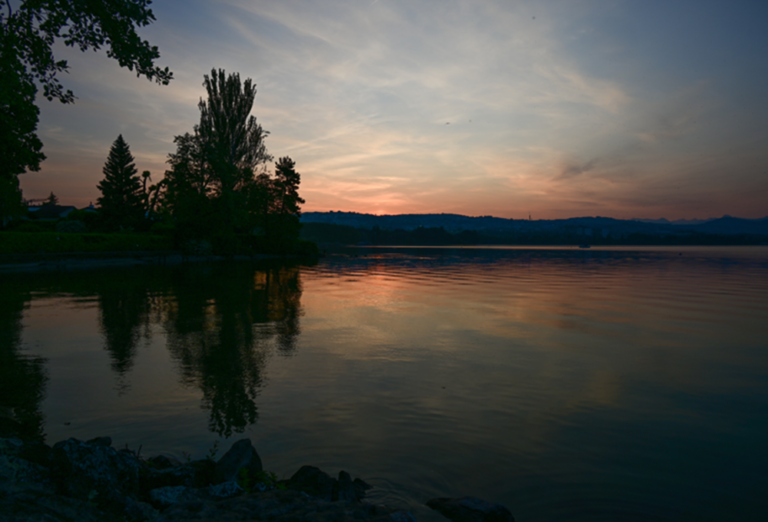
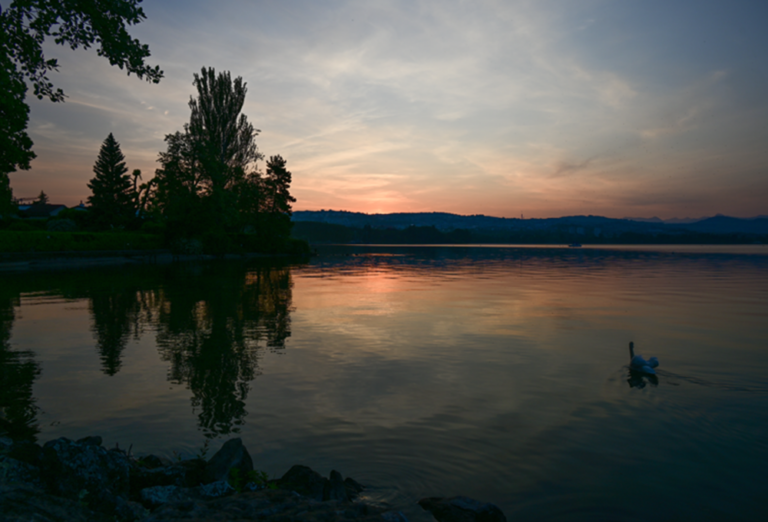
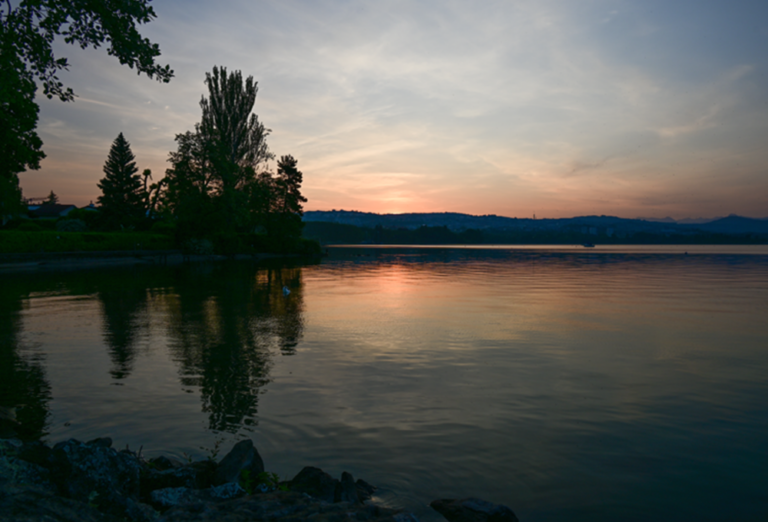
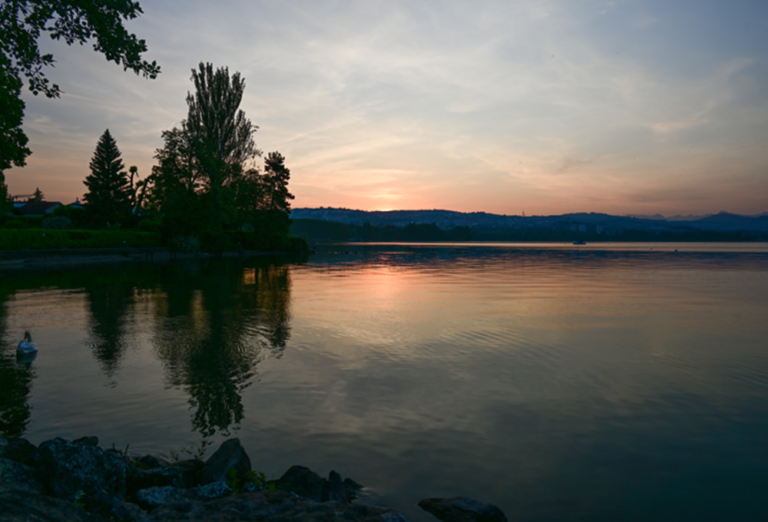

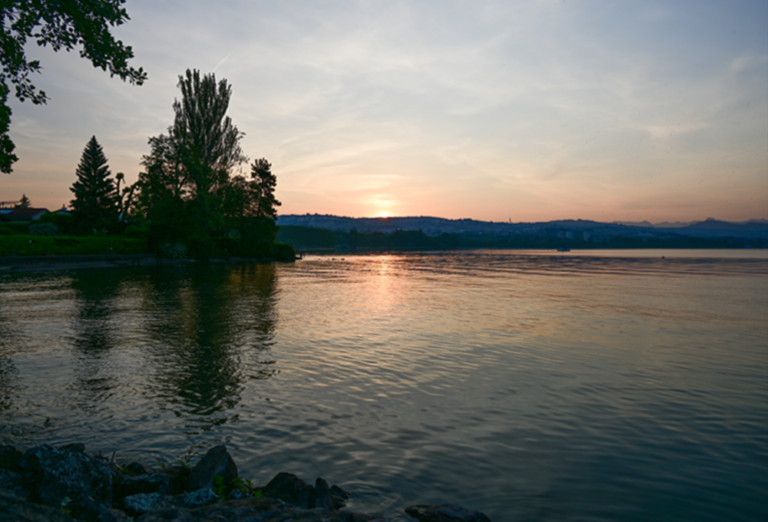

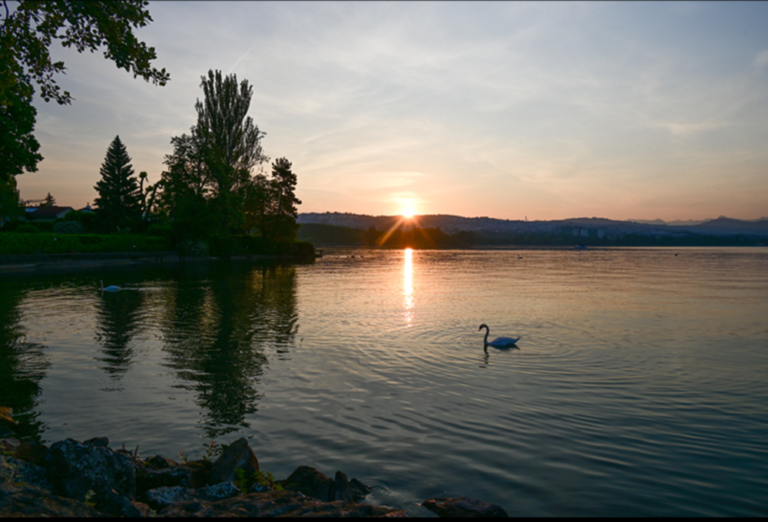
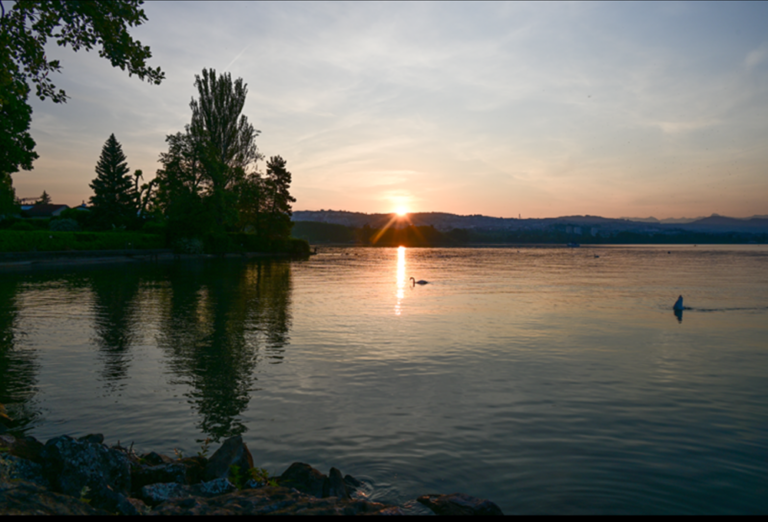
Comments